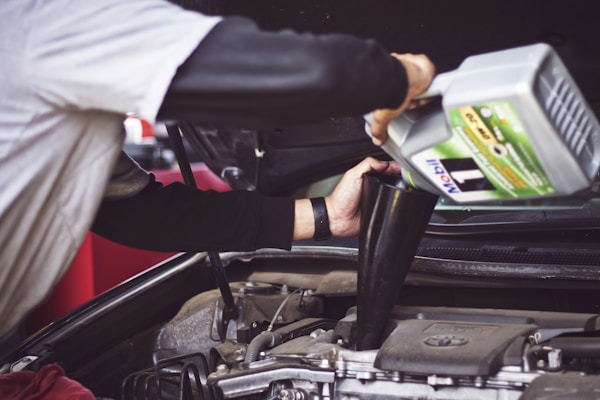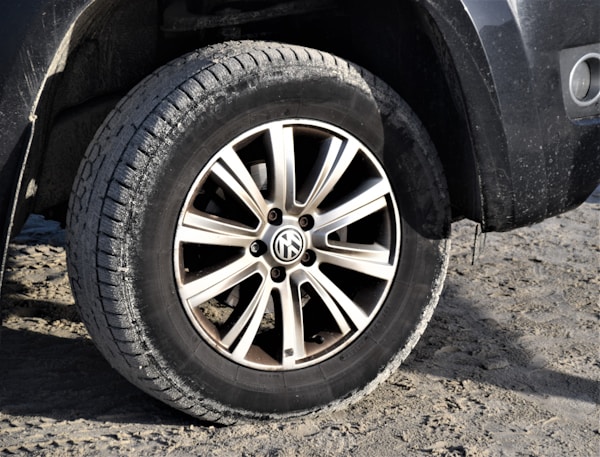Proper vehicle maintenance is essential for prolonging the life of your car, reducing the risk of breakdowns, and lowering the cost of repairs. By following simple guidelines, you can ensure that your vehicle remains safe and efficient for the years to come. In this article, we will discuss key aspects of vehicle maintenance and provide you with tips on how to keep your car in top condition.
Regularly Monitor Your Vehicle’s Fluid Levels

One of the most important aspects of vehicle maintenance is regularly checking your car’s fluid levels. This includes oil, coolant, power steering fluid, and windshield wiper fluid. Proper fluid levels play a vital role in the performance and longevity of your car. For example, oil helps to lubricate the moving parts of your engine, preventing wear and tear, while coolant prevents your engine from overheating.
To check your oil level, park your vehicle on level ground, and turn it off. Wait a few minutes to allow the oil to settle. Then, locate the engine oil dipstick and pull it out. Wipe it clean and reinsert it, ensuring it is fully seated. Pull it out again and check the oil level. If it’s low, add the proper type of engine oil. For coolant, ensure the engine is cool and check the coolant reservoir. Only add coolant if the level is below the indicated minimum mark.
By regularly monitoring these fluid levels, you can prevent costly repairs, maintain your vehicle’s efficiency, and ensure a safe driving experience. Additionally, always be aware of your service engine soon light to get an early indication of any issues.
Keep Your Tires in Good Condition

Your vehicle’s tires are another critical component that affects its safety and performance. Regularly inspect your tires for wear, proper inflation, and alignment. Additionally, it’s essential to rotate your tires every six months or 6,000-8,000 miles, depending on your car’s manufacturer recommendations. Rotating your tires will help to even out wear, prolonging their life and improving your vehicle’s performance.
Proper tire inflation is also critical to optimal performance and safety. Under-inflated tires can lead to poor fuel economy, reduced handling, and even tire failure. Check your tire pressure at least once a month, and inflate them to the recommended levels indicated in your owner’s manual or on a sticker located on the driver’s side door jamb.
Maintain Your Car’s Braking System

Your vehicle’s braking system requires regular maintenance to ensure maximum safety on the road. This includes periodically checking your brake pads, fluid, and rotors. Worn brake pads can lead to compromised braking performance and damage to the brake rotors, which in turn can lead to more expensive repairs. Generally, brake pads should be replaced every 50,000 miles, but this can vary depending on the make of your vehicle and your driving habits.
While checking your brake pads, it’s also vital to inspect your brake fluid. Low brake fluid levels can result in a spongy brake pedal feel and reduced braking performance. To check your brake fluid levels, locate the brake fluid reservoir under your vehicle’s hood and ensure that it is filled to the appropriate level.
Finally, be sure to check your car’s brake rotors regularly. These are the large metal discs connected to your wheels that spin when your car is moving. When you apply the brakes, the brake pads squeeze the rotors to slow down your vehicle. If the rotors are damaged or worn, they can reduce your brake system’s performance, negatively affecting safety.
Consider an Extended Warranty

Extended warranties typically cover a range of potential issues that could affect the vehicle, such as engine and transmission problems, electrical faults, and other mechanical failures. The coverage of an extended warranty varies based on the plan selected. Some warranties cover only basic repairs, while others can be comprehensive and cover everything from small electrical faults to complex engine repairs.
One of the primary benefits of an extended warranty is that it allows you to plan your monthly budget and expenses more effectively. Knowing that any potential repairs will be covered by the warranty, you can avoid the stress and expense of unexpected vehicle repairs. An extended warranty can also provide you with peace of mind that your vehicle will be kept in good condition.
Overall, following these simple yet effective vehicle maintenance tips can help ensure that your car remains in peak condition for years to come. By monitoring fluid levels, keeping tires in proper condition, maintaining the braking system, and purchasing an extended warranty, you can reduce costly repairs and prolong the life of your vehicle.


